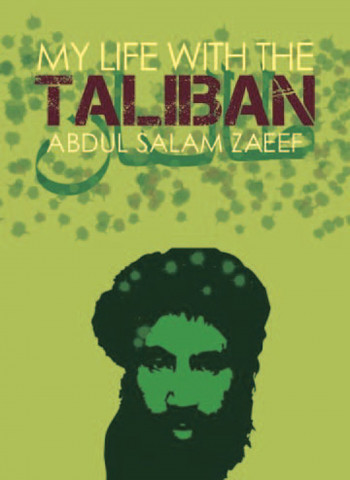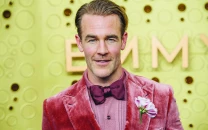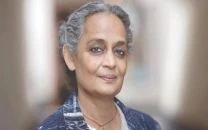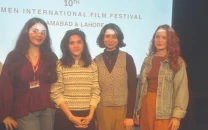The way we weren’t
David Nicholls’ One Day is meant to be funny, joyous and gleefully addictive. It is not.

While the narrative arc may jump back and forth along the timeline, it is never confusing or incoherent — it all makes perfect sense in terms of timing and the situations the characters find themselves in each time the writer visits them. But each meeting with these characters fails to be interesting or satisfying. There are humorous bits (though not enough), and generally things move along fast enough to make this a fairly quick read. Sadly, the entire thing is riddled with conversations that are simply just not worth recording.
The two lead characters are both clichés. Emma is left-wing, politically astute and imagines her future to be hard, bright and focused. She is an NHS glasses wearing, earnest I-have-so-much-to-prove-about-how-little-I-care literature student who spends the larger part of the book stuck in dead-end jobs from a sad-sack travelling arts collective to a horrific Mexican fast food place. She makes half-hearted attempts to find jobs in publishing from which she is rejected, and she writes lengthy letters to Dexter, barely able to hide her bitterness and growing love for him. He, on the other hand, is a standard urban rich kid with no political leanings, no serious thoughts about his future and absolutely no interest in anything other than getting drunk and getting laid in as many countries as possible. She writes bad poetry, he sends postcards with a few words scribbled on them. Her love is yearning, his is nonexistent. She is always bitter, belittling and self deprecating (this gets boring fast) and he is just too self involved to be anything other than self involved. Initially, it is easy to dislike the characters, but by a third of the way through the book it becomes clear that it is hard to even dislike them. They inspire supreme indifference.
Nicholls attempts to examine the relationship between the leads, as well as their individual lives away from each other. Emma ends up teaching and settles into a relationship with an extremely unfunny stand up comedian who loves her in a way she will never love him. Dexter ends up hosting TV shows, snorting cocaine and dating vacuous models who never make him laugh the way Emma does. If the entire ‘will they get together, won’t they get together’ element is meant to create suspense and a more absorbing narrative then it is severely lacking. Both Emma and Dexter are at odds around each other, unsure how much of themselves they want to give. Each meeting results in some bickering, or resentment — both for the characters and for the reader as well. It is all very whiny, very grey and very British. And it is all very blah. Even for those who do not find the characters annoying or (even worse) can relate to them in some way will be forced to admit that Nicholls really does not deliver much of a punch. While many readers will find One Day a brisk summer read, they may well find that it leaves little behind once it is finished.
Published in The Express Tribune, August 22nd, 2010.



















COMMENTS
Comments are moderated and generally will be posted if they are on-topic and not abusive.
For more information, please see our Comments FAQ